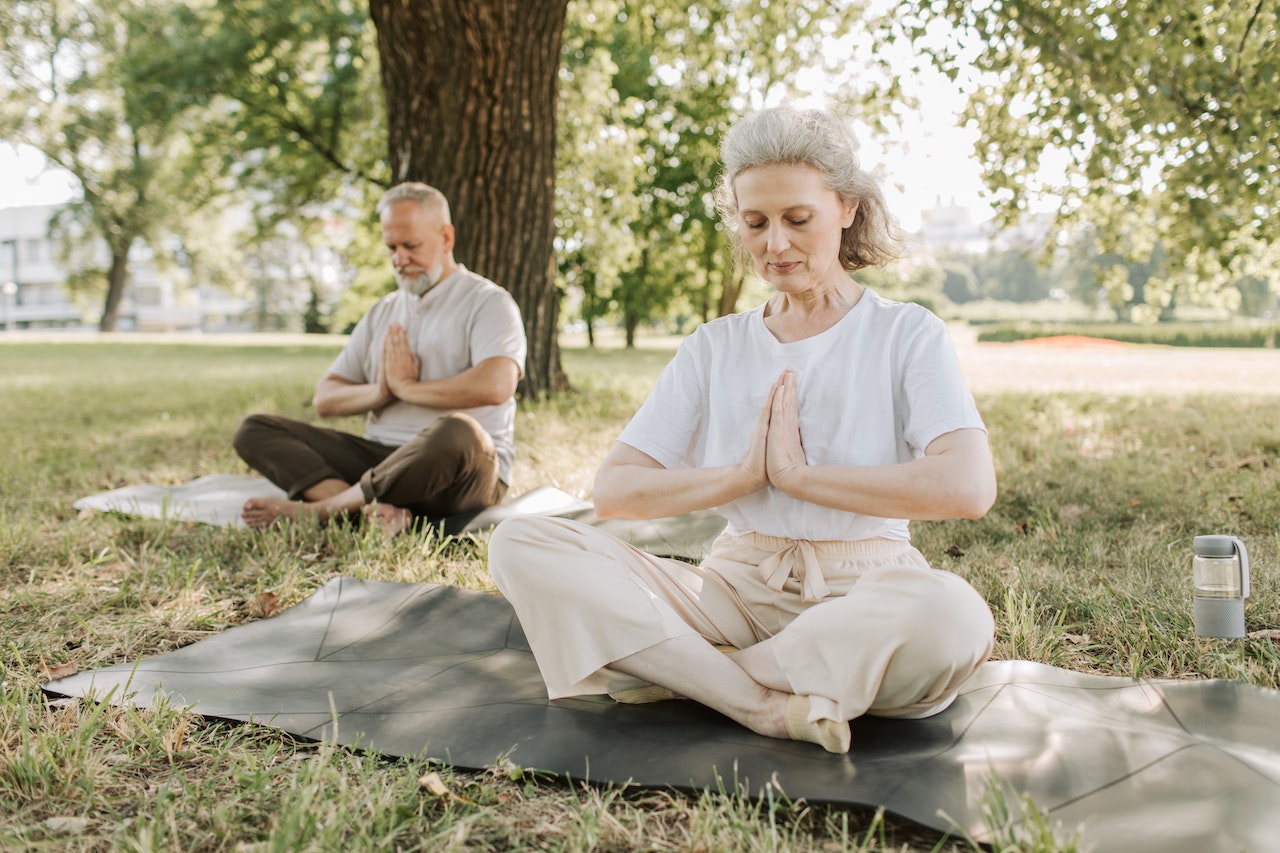In the fast-paced, stress-laden world we inhabit, the quest for holistic well-being has never been more crucial. Amidst various wellness practices, yoga stands out as a time-tested method that not only enhances physical flexibility and strength but also profoundly influences mental and emotional states. One of the remarkable benefits of yoga is its ability to improve mood and alleviate anxiety.
Yoga, an ancient practice originating in India, combines physical postures, breath control, and meditation to create a harmonious balance between mind and body. Scientific research has increasingly supported the positive impact of yoga on mental health, making it an appealing option for those seeking natural and holistic approaches to mood enhancement and anxiety reduction.
One of the primary ways yoga contributes to improved mood is through the release of endorphins. Endorphins, often referred to as the body’s “feel-good” chemicals, are neurotransmitters that act as natural painkillers and stress relievers. Engaging in yoga postures and movements triggers the release of endorphins, creating a sense of euphoria and promoting an overall positive mood. This natural high not only counteracts feelings of sadness or anxiety but also fosters a lasting sense of well-being.
Furthermore, the emphasis on controlled breathing, known as pranayama, in yoga has profound effects on the nervous system. The practice of deep, intentional breathing activates the parasympathetic nervous system, commonly referred to as the “rest and digest” system. This activation counters the stress response governed by the sympathetic nervous system, effectively reducing anxiety levels. By incorporating conscious breathing into their routine, individuals can develop a powerful tool for managing stress and maintaining emotional equilibrium.
Yoga also encourages mindfulness, the practice of being fully present in the moment without judgment. Mindfulness is a cornerstone of many yoga traditions and has been extensively studied for its positive impact on mental health. By cultivating awareness through yoga, individuals learn to observe their thoughts and emotions without becoming entangled in them. This detachment can be particularly beneficial for those prone to anxiety, as it provides a means to navigate through stressors with greater ease and resilience.
In addition to the physical and mental benefits, the social aspect of yoga can contribute to an improved mood. Many people find solace and support in the yoga community, creating a sense of belonging and connection. The group dynamics of a yoga class, combined with the shared pursuit of well-being, foster a positive and uplifting environment that can have a lasting impact on an individual’s mood.
In conclusion, the practice of yoga offers a holistic approach to enhancing mood and reducing anxiety. By promoting the release of endorphins, activating the parasympathetic nervous system through controlled breathing, and fostering mindfulness, yoga provides a multifaceted toolkit for mental well-being. Whether practiced individually or in a group setting, yoga has the potential to be a transformative force, guiding individuals toward a more balanced and harmonious existence. As we navigate the challenges of modern life, integrating yoga into our routine may prove to be an invaluable investment in both our physical and mental health.
- How Yoga Can Improve Your Mood and Reduce Anxiety - November 23, 2023
- How to Use Yoga to Elevate Your Mood and Reduce Symptoms of Depression and Anxiety - April 25, 2023
- Yoga for Better Sex: How to Use Yoga to Enhance Your Sexual Performance and Satisfaction - April 24, 2023



